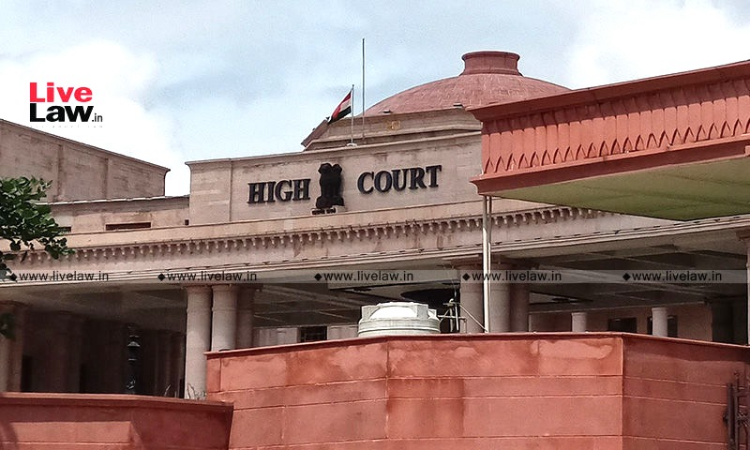Allahabad High Court Discusses Scope Of Powers While Hearing An Application For Discharge U/S 227 CrPC
Shivang
22 Feb 2022 2:08 PM IST

Next Story
22 Feb 2022 2:08 PM IST
The Allahabad High Court, sitting in Lucknow, recently delved into the power of Courts at the time of framing of charges under Section 228 CrPC and to discharge an accused under Section 227 CrPC.Justice Sangeeta Chandra observed, "Framing of a charge is an exercise of jurisdiction by the trial court in terms of Section 228 of the Code, unless the accused is discharged under Section 227...
